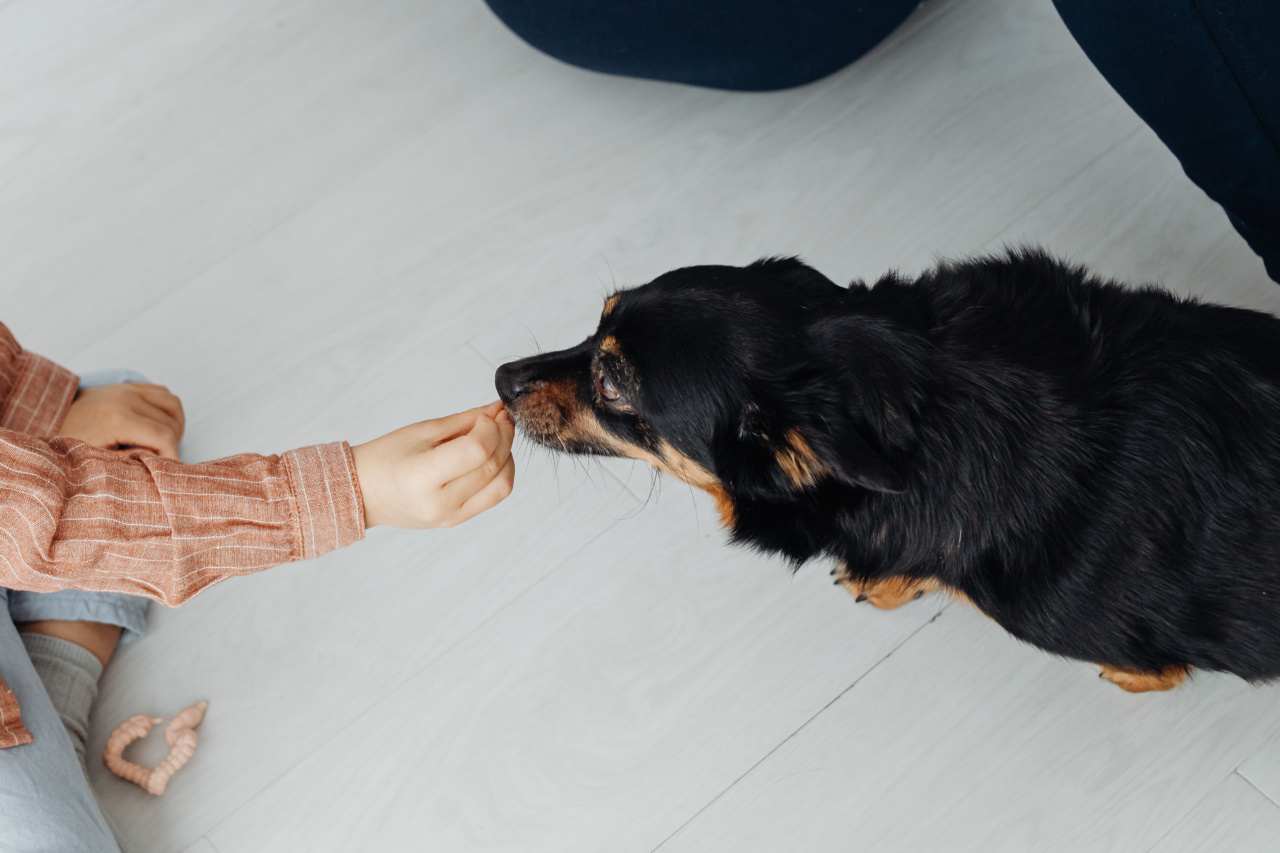Feeding dogs is not as simple as tossing them a piece of leftover chicken from your dinner plate. Dogs have specific dietary requirements, and feeding them the wrong foods can have serious health consequences.
This article will provide a comprehensive guide on what dogs can and cannot eat, to ensure that you are feeding your furry friend a healthy and balanced diet.
Meat and Protein
Meat is an essential part of a dog’s diet. Dogs are carnivores, and protein is necessary for the growth and maintenance of their muscle tissue. However, not all meats are created equal.
Some meats are high in fat and can cause weight gain, while others are too tough to digest. Here are some meats that are safe for dogs:.
- Chicken
- Turkey
- Beef
- Lamb
- Pork
When feeding your dog meat, it is important to remove any bones, as they can splinter and cause injury to your dog’s digestive tract.
You should also avoid feeding them any processed meat, such as sausages or lunch meat, as these often contain high levels of salt and preservatives.
Fruits and Vegetables
Fruits and vegetables are a great source of vitamins, minerals, and fiber, and can be included as part of a dog’s diet. Here are some dog-friendly fruits and vegetables:.
- Apples (without the seeds)
- Blueberries
- Carrots
- Green beans
- Spinach
- Pumpkin
It is important to note that not all fruits and vegetables are safe for dogs. Some, like grapes, raisins, and avocados, can be toxic and cause kidney failure. Others, like onions and garlic, can cause anemia.
If you are unsure whether a particular fruit or vegetable is safe for your dog, consult with your veterinarian.
Dairy Products
Dogs are not lactose intolerant, but they can still have trouble digesting dairy products. Some dogs have a lactose intolerance, which can cause diarrhea, vomiting, and other digestive issues. Here are some dairy products that are safe for dogs:.
- Cottage cheese
- Plain yogurt
- Hard cheeses (e.g. cheddar, Swiss)
Processed dairy products, like ice cream and chocolate milk, should be avoided, as they often contain high levels of sugar and artificial sweeteners.
Grains
Grains are not a necessary part of a dog’s diet, but they can be included in moderation. Some grains, like oatmeal and brown rice, are a good source of fiber and can help regulate your dog’s digestive system.
However, other grains, like wheat and corn, can be difficult for dogs to digest and may cause allergies or other health issues.
Treats
Treats are a great way to reward your dog, but they should be given in moderation. Many commercial dog treats are high in fat and sugar, and can contribute to weight gain and other health problems. Here are some healthy treat options:.
- Peanut butter (without xylitol)
- Baby carrots
- Pumpkin puree (without sugar)
- Rice cakes
When choosing a treat, make sure to check the ingredients list for any added sugars or preservatives. You should also avoid giving your dog any human foods that are high in fat or sugar, like cookies or cake.
What Dogs Cannot Eat
There are some foods that are toxic to dogs and should be avoided at all costs. Here are some foods that you should never give your dog:.
- Chocolate
- Caffeine
- Grapes and raisins
- Avocado
- Onions and garlic
- Raw or undercooked meat, eggs, and bones
- Alcohol
- Fatty and fried foods
If you suspect that your dog has ingested any of these foods, you should contact your veterinarian immediately. Symptoms of toxicity can include vomiting, diarrhea, lethargy, and seizures.
Conclusion
Feeding your dog a healthy and balanced diet is essential for their overall health and wellbeing.
By sticking to dog-friendly foods like meat, fruits, and vegetables, and avoiding toxic foods like chocolate and onions, you can ensure that your furry friend is getting the nutrients they need to thrive.































